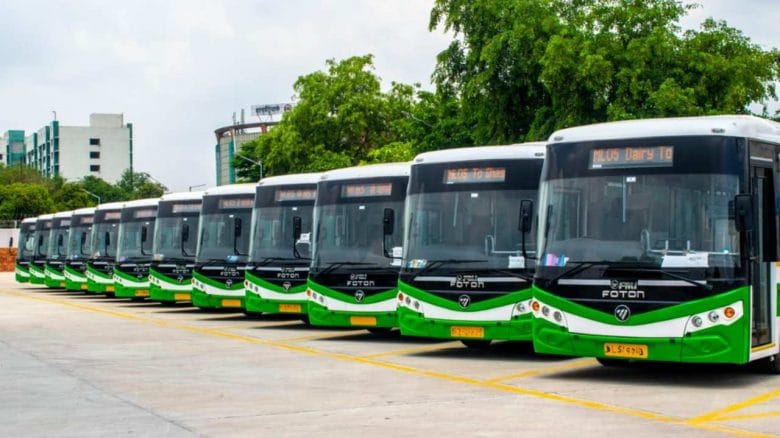Pipeline transportation plays a crucial role in various industries, including oil and gas, water supply, and chemical distribution. It offers a cost-effective and efficient method of transporting large volumes of fluids over long distances. However, the reliability of pipeline transportation is a topic of concern for many stakeholders. In this article, we will delve into the key factors that contribute to the reliability of pipeline transportation and examine its advantages, challenges, and future prospects.
- Robust Infrastructure:
Pipeline transportation relies on a well-designed and maintained infrastructure to ensure reliability. The construction of pipelines involves careful planning, engineering expertise, and adherence to stringent safety standards. High-quality materials, such as corrosion-resistant steel, are used to enhance durability and minimize the risk of leaks or failures. Regular inspections, maintenance, and timely repairs are essential to maintain the integrity of the pipeline network. - Safety Measures:
Safety is paramount in pipeline transportation to prevent accidents, protect the environment, and ensure public health. Advanced technologies, such as leak detection systems, pressure monitoring, and automated shut-off valves, are employed to enhance safety and minimize the impact of potential incidents. Strict regulations and industry standards govern the design, operation, and maintenance of pipelines, ensuring compliance and accountability. - Reliability in Operations:
Efficient operations are crucial for the reliability of pipeline transportation. Robust scheduling, monitoring, and control systems enable operators to optimize the flow of fluids, minimize downtime, and respond promptly to any disruptions. Real-time data collection and analysis help identify potential issues, allowing for proactive maintenance and troubleshooting. Additionally, contingency plans and emergency response protocols are in place to handle unforeseen events and minimize disruptions to the transportation process. - Environmental Considerations:
Pipeline transportation offers several environmental advantages compared to alternative modes of transportation, such as reduced greenhouse gas emissions and lower risk of spills. However, ensuring environmental reliability requires strict adherence to environmental regulations, regular inspections, and proactive measures to prevent leaks or spills. Continuous monitoring and prompt response to any environmental incidents are essential to maintain the integrity of ecosystems and protect natural resources. - Challenges and Mitigation Strategies:
Despite its advantages, pipeline transportation faces certain challenges that can impact reliability. External factors like natural disasters, geological conditions, and third-party interference pose risks to pipeline infrastructure. However, advanced technologies, such as remote sensing, predictive analytics, and geospatial mapping, can help identify vulnerable areas and mitigate potential risks. Collaborative efforts between industry stakeholders, government agencies, and local communities are crucial to address challenges and enhance the overall reliability of pipeline transportation.
Conclusion:
Pipeline transportation is a reliable and efficient method for transporting fluids over long distances. With robust infrastructure, stringent safety measures, efficient operations, and environmental considerations, pipelines offer a secure and sustainable solution for various industries. While challenges exist, continuous advancements in technology and collaborative efforts will further enhance the reliability of pipeline transportation, ensuring its vital role in the global economy and energy sector.

